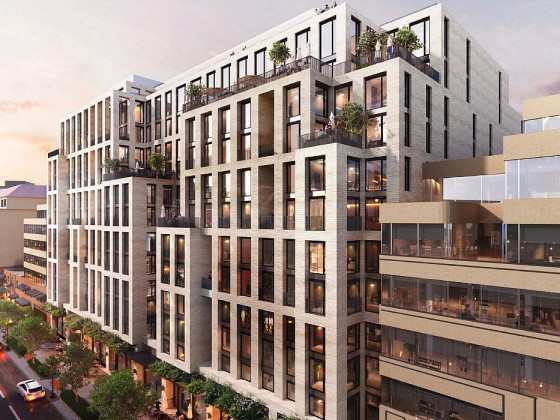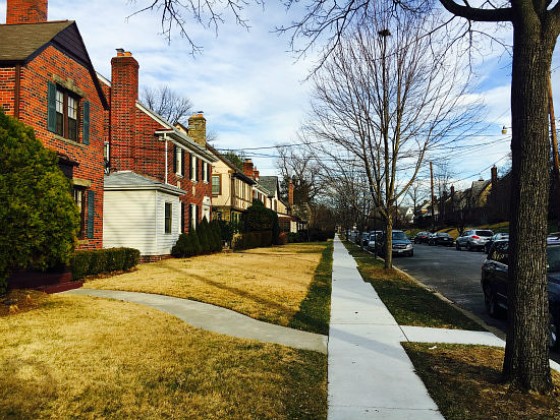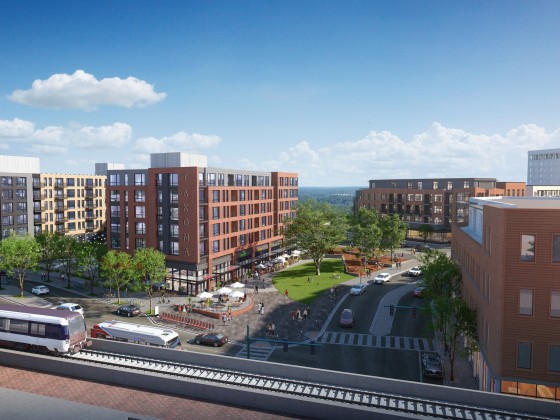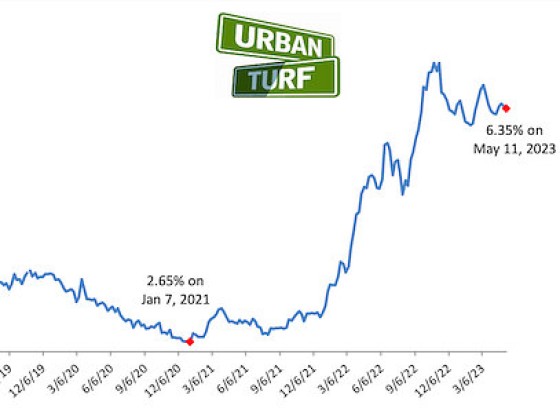 October 1st: How Lower Loan Limits Will Affect Housing in DC
October 1st: How Lower Loan Limits Will Affect Housing in DC
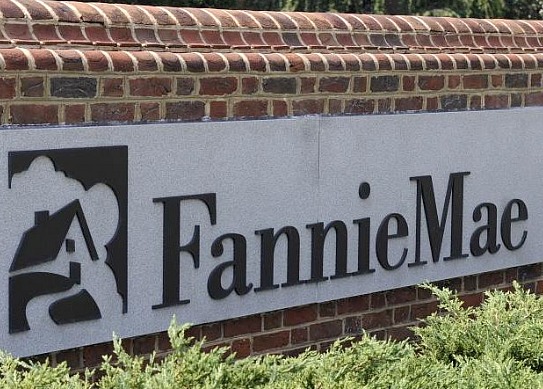
Back in February, the Obama administration issued a report for how to reduce government support of the mortgage market. One aspect in that report that has been back in the news recently is that, on October 1st, the temporary increase on conforming home loan limits will expire, effectively reducing the limit to $625,500 in the DC area.
Over two years ago, the Housing and Economic Recovery Act of 2008 upped the limit on conforming home loans (the maximum size of a loan Fannie Mae and Freddie Mac can guarantee) in expensive areas like the Washington Metropolitan area from $417,000 to $729,750 because the availability of those size loans in the private market all but disappeared. The insurance that loans up to $729,750 would be backed was reinstated in the economic stimulus bill passed at the start of the Obama administration, and was renewed again last year.
Today, as Rep. John Campbell (R., Calif.) and Rep. Gary Peters (D., Mich.) propose legislation that would replace Fannie Mae and Freddie Mac with private companies that issue mortgage-backed securities with explicit federal guarantees, UrbanTurf decided to take a closer look at how the mortgage process currently works and how it would change come October 1st.
These days, if a lender puts a borrower’s loan application through Fannie Mae and Freddie Mac’s Desktop Underwriter (an automated underwriting system), and it is approved, then the government assumes the risk of a borrower defaulting on a loan up to $729,750, not the lender. However, on October 1st, the default risk for loans over $625,500 in areas like DC will fall to the lenders, not the government.
What the change means for borrowers is likely higher down payments and interest rates, and dealing with more stringent underwriting guidelines from lenders, Bill Slosberg of Falls Church-based Acacia Federal Savings Bank told UrbanTurf. Slosberg also noted that the lowering of limits could also mean that houses priced above a certain point would need price adjustments, and he is not alone in this assessment.
“A property might not sell for the same price as it would have with jumbo loan limits up to $729,000, because of less availability for financing,” local housing expert Stephen Fuller told UrbanTurf back in February. “If demand is weakened, then prices would be affected.”
Slosberg echoed Fuller recently, speaking of a ripple effect that could occur in the DC region later this year.
“The new loan limits will consequently limit the pool of buyers for homes in a certain price point, which means that sellers might be forced to lower prices,” he explained. “So, for example, if a home in Alexandria that once sold for $800,000 is forced to sell for $750,000, then the price on a similarly-sized home in Fairfax will be forced to drop, and the ripple effect will continue as you get further out.”
While it’s hard to predict what exactly will happen as a result of the lowering of limits, both Fuller and Slosberg think that the October 1st change will likely spur activity in the area housing market ahead of the fourth quarter, since buyers will be racing to beat the deadline and get cheaper financing.
See other articles related to: fannie mae, freddie mac, interest rates, lending reform, mortgages
This article originally published at https://dc.urbanturf.com/articles/blog/october_1st_how_lower_loan_limits_will_affect_housing_in_dc/3479.
Most Popular... This Week • Last 30 Days • Ever
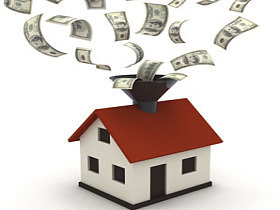
DC's homebuyer assistance programs can be a bit complex. This edition of First-Timer ... read »

In this article, UrbanTurf looks at the estimated annual maintenance costs associated... read »

Plans for the development at a prominent DC intersection began nearly eight years ago... read »
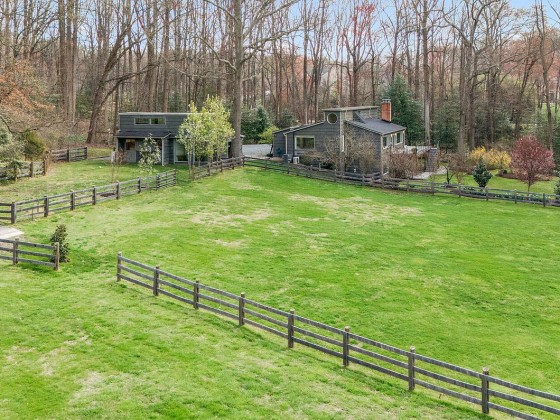
Today, UrbanTurf is examining one of our favorite metrics regarding competition in th... read »
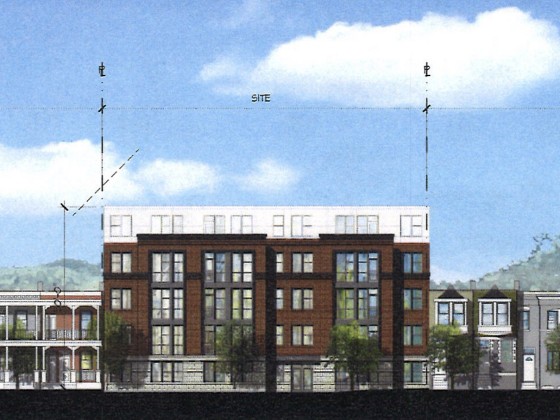
The residential development in the works along Florida Avenue NE is looking to increa... read »
- First-Timer Primer: DC's Home Buyer Assistance Programs
- What Are the Annual Maintenance Costs When You Own a Home?
- 388-Unit Development At Site of North Capitol Street Exxon Nears Completion
- The 6 Places In The DC Area Where You Aren't The Only One Bidding On a Home
- 46 to 48: The Biggest Project In Trinidad Looks To Get Bigger
DC Real Estate Guides
Short guides to navigating the DC-area real estate market
We've collected all our helpful guides for buying, selling and renting in and around Washington, DC in one place. Start browsing below!
First-Timer Primers
Intro guides for first-time home buyers
Unique Spaces
Awesome and unusual real estate from across the DC Metro







